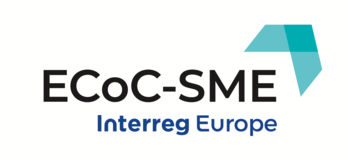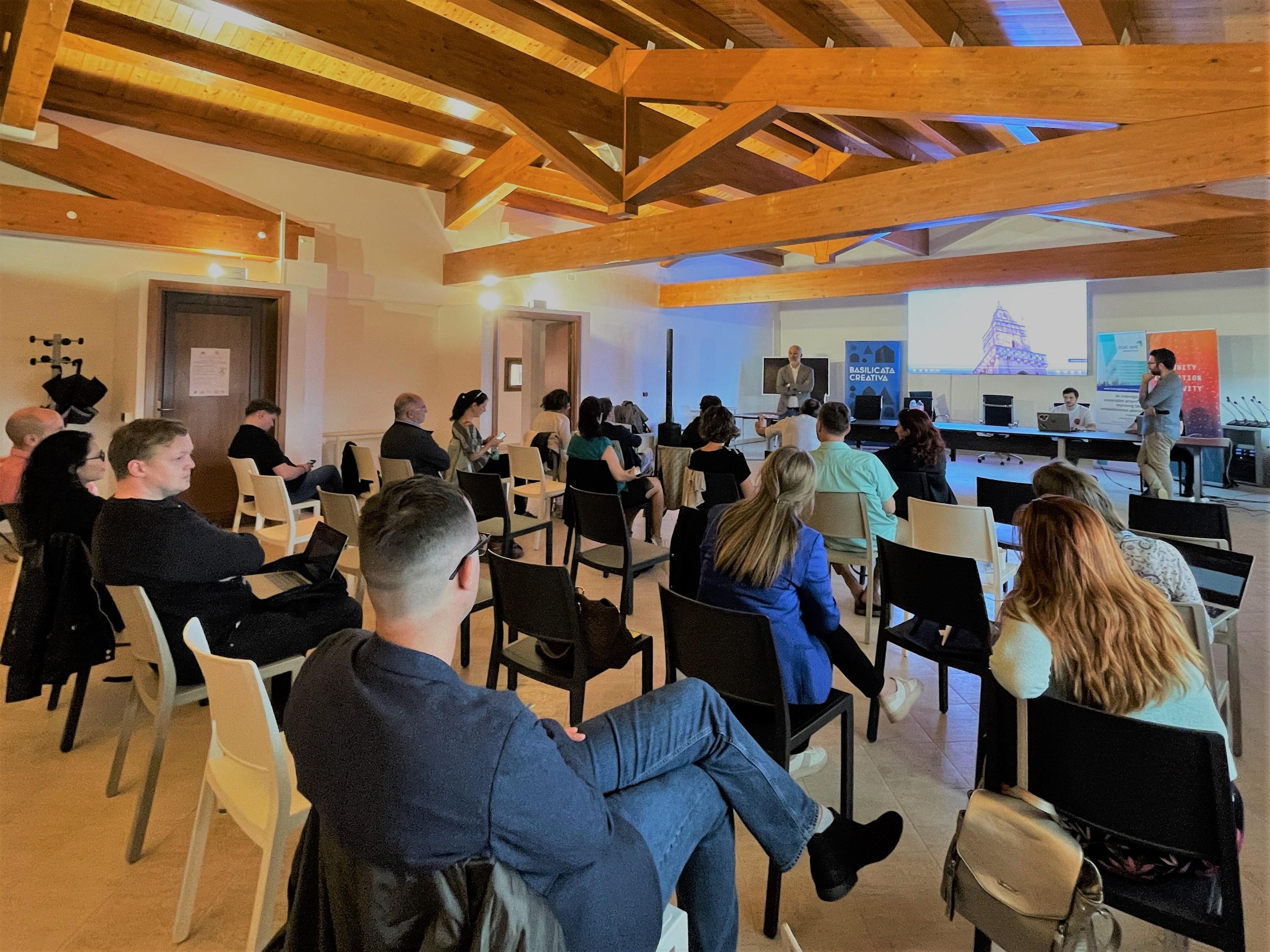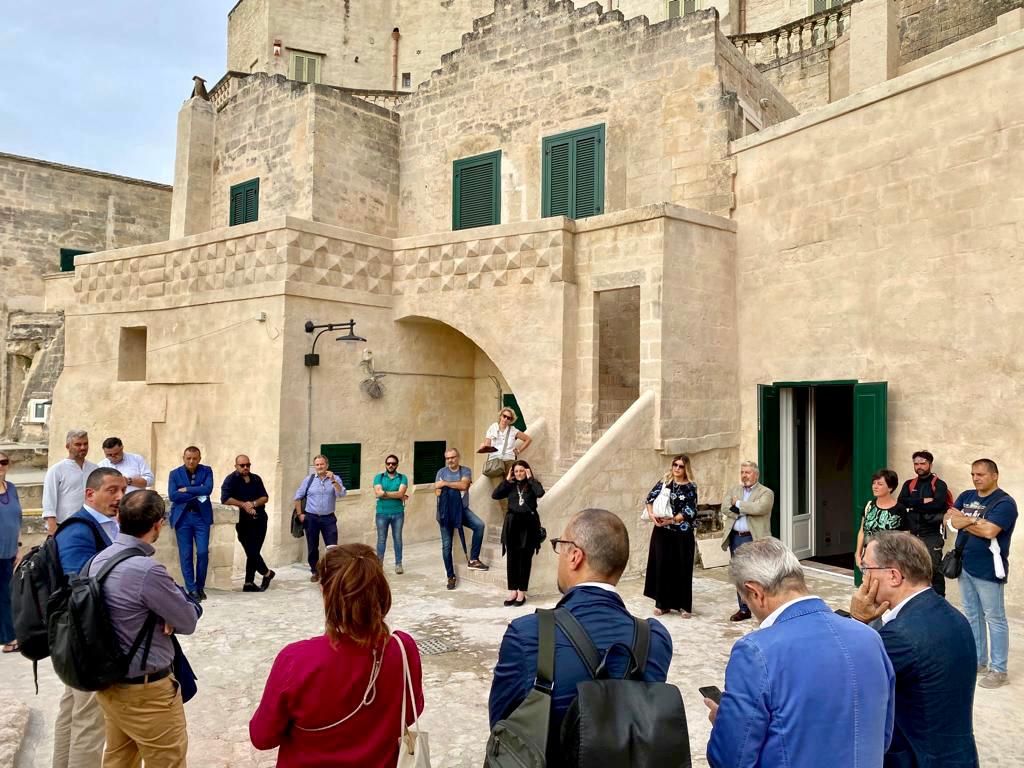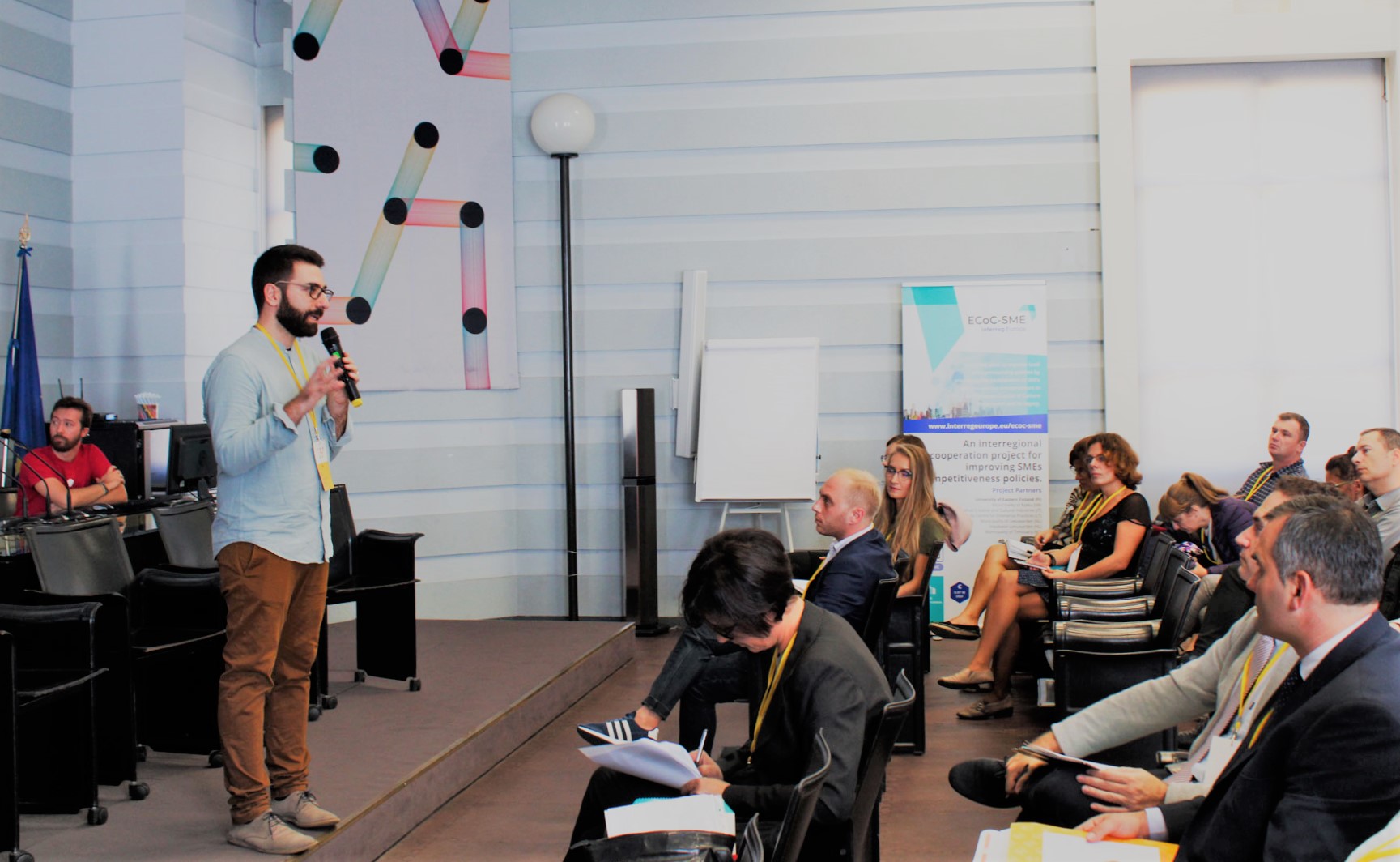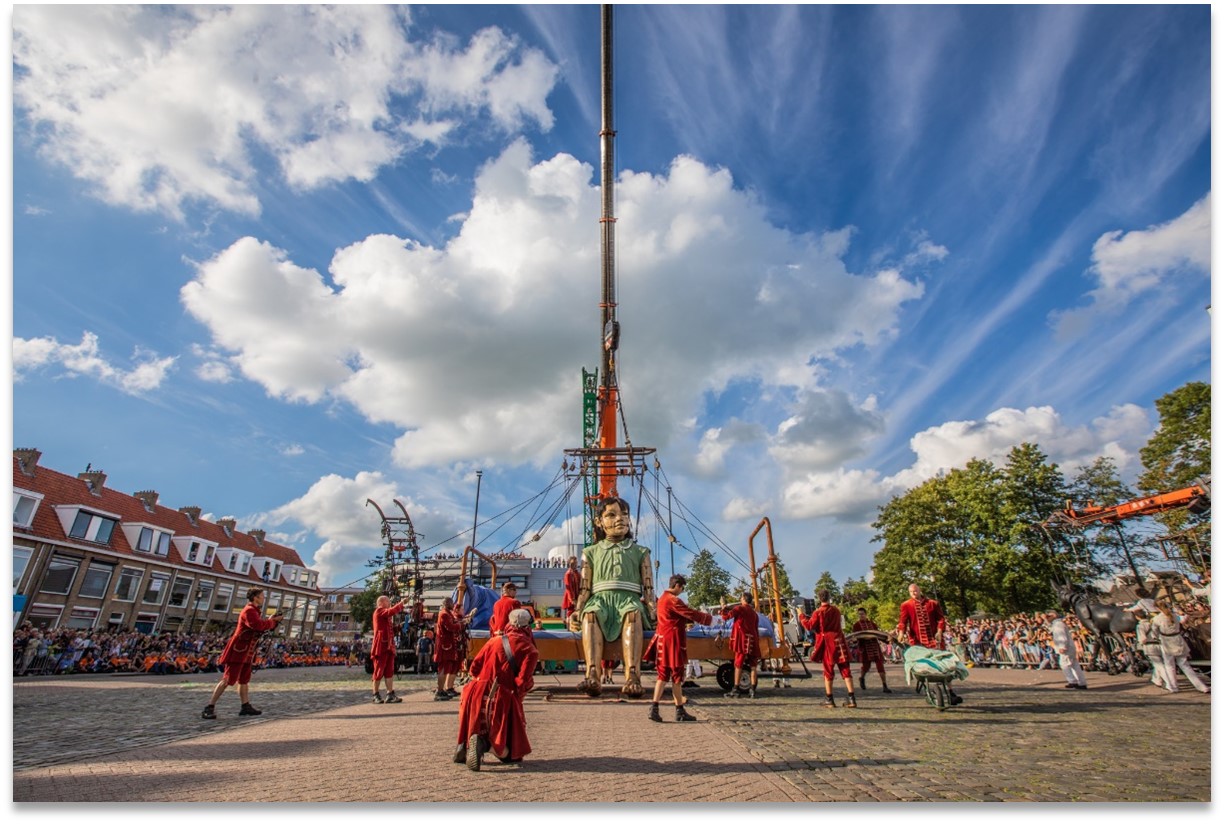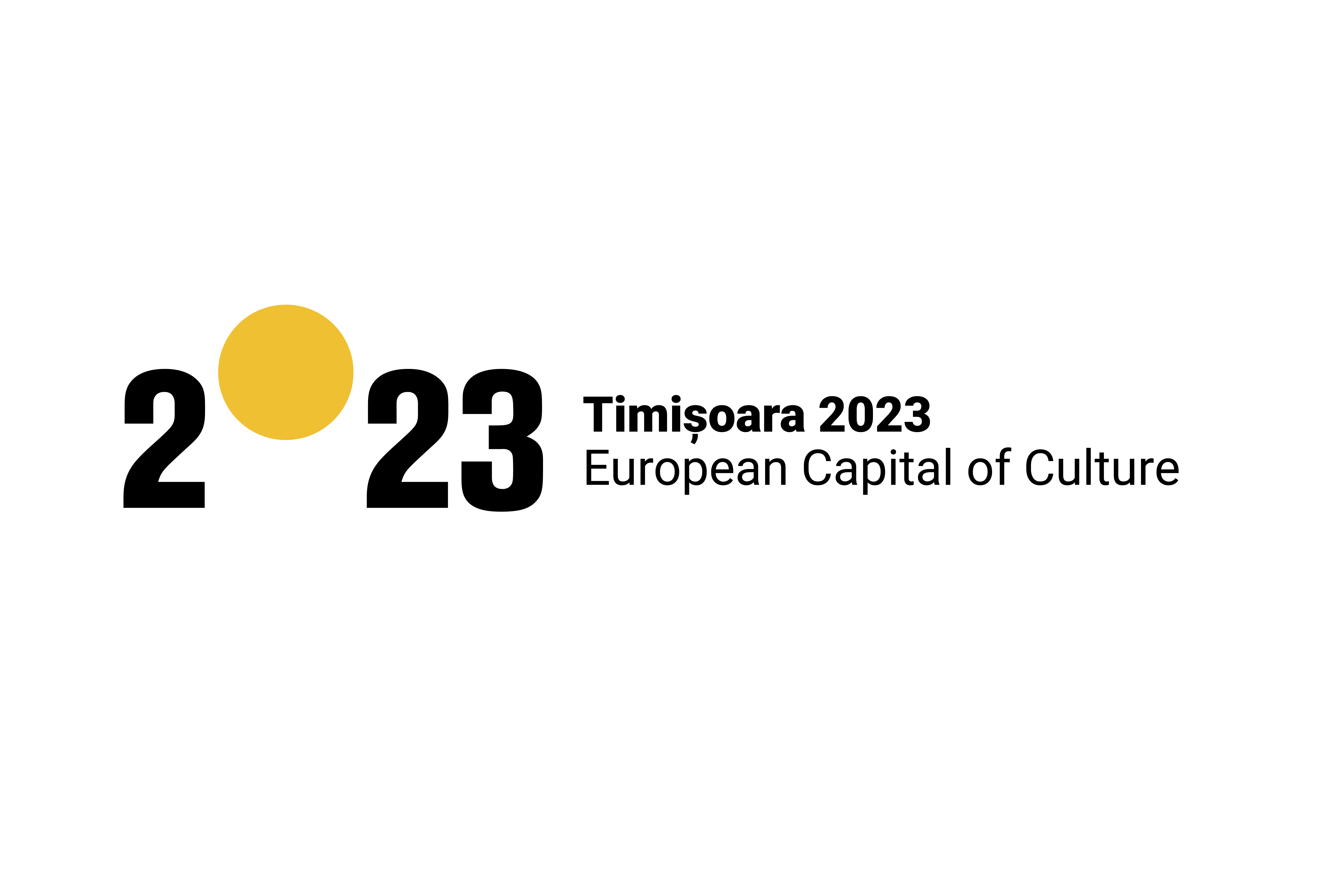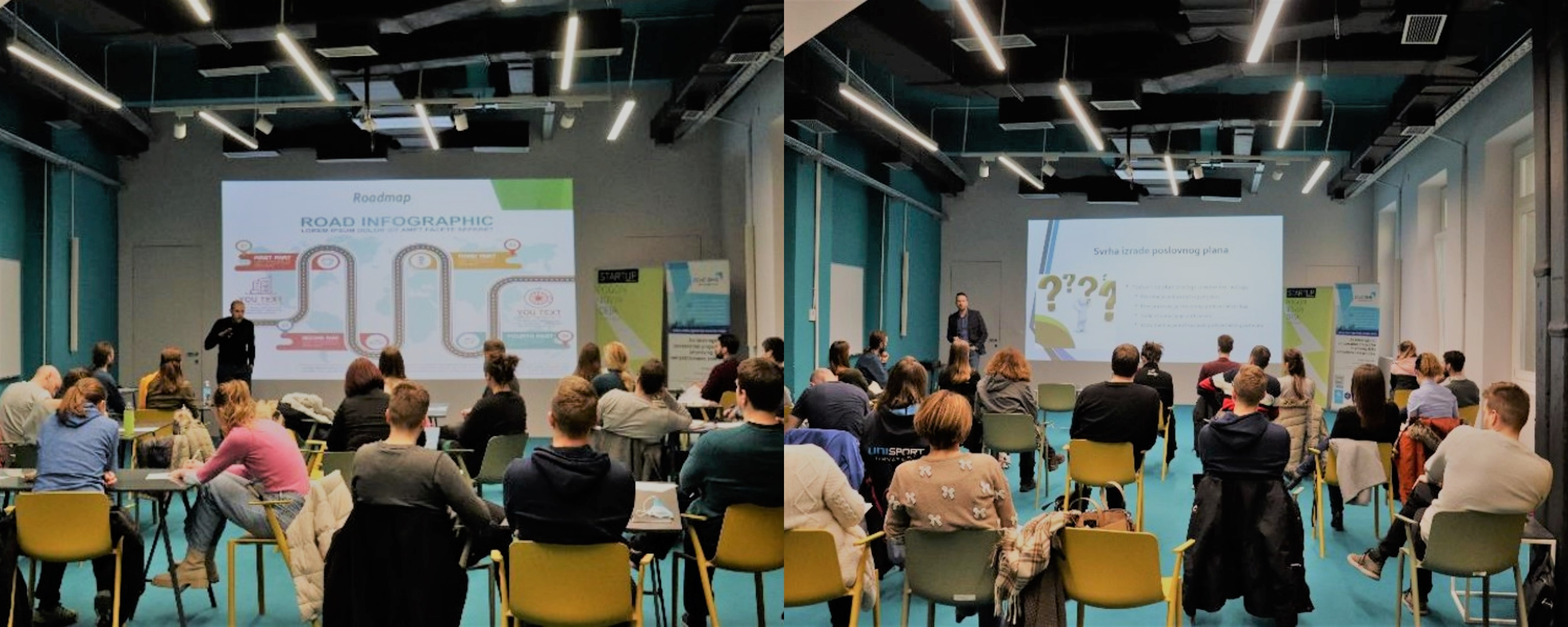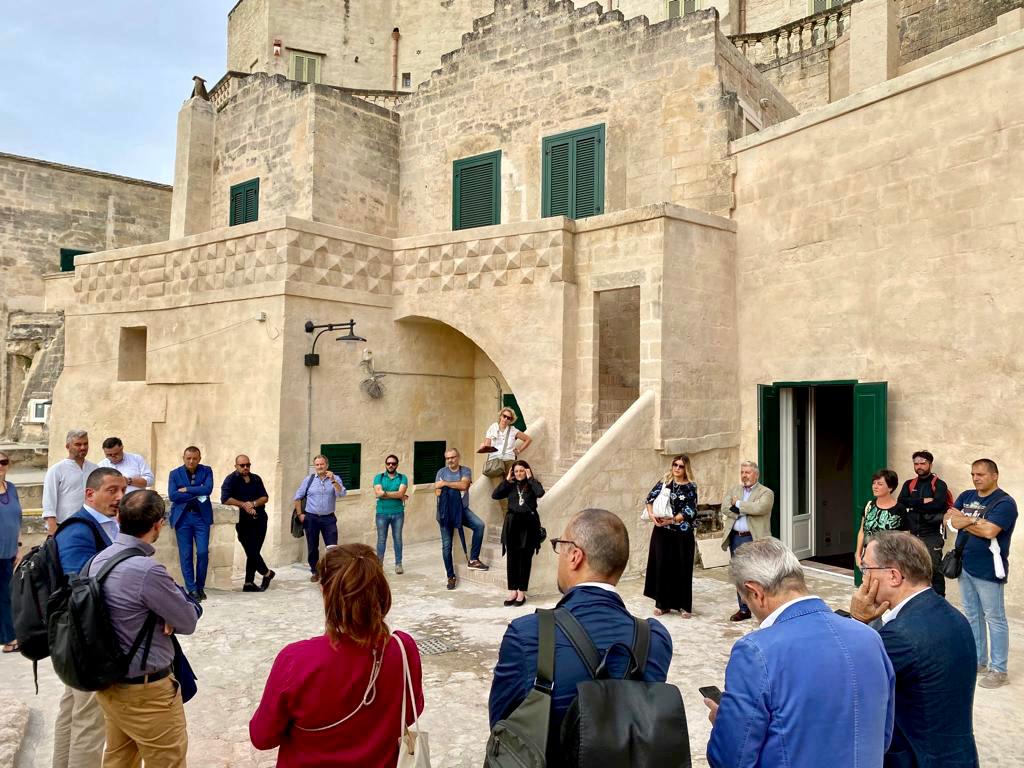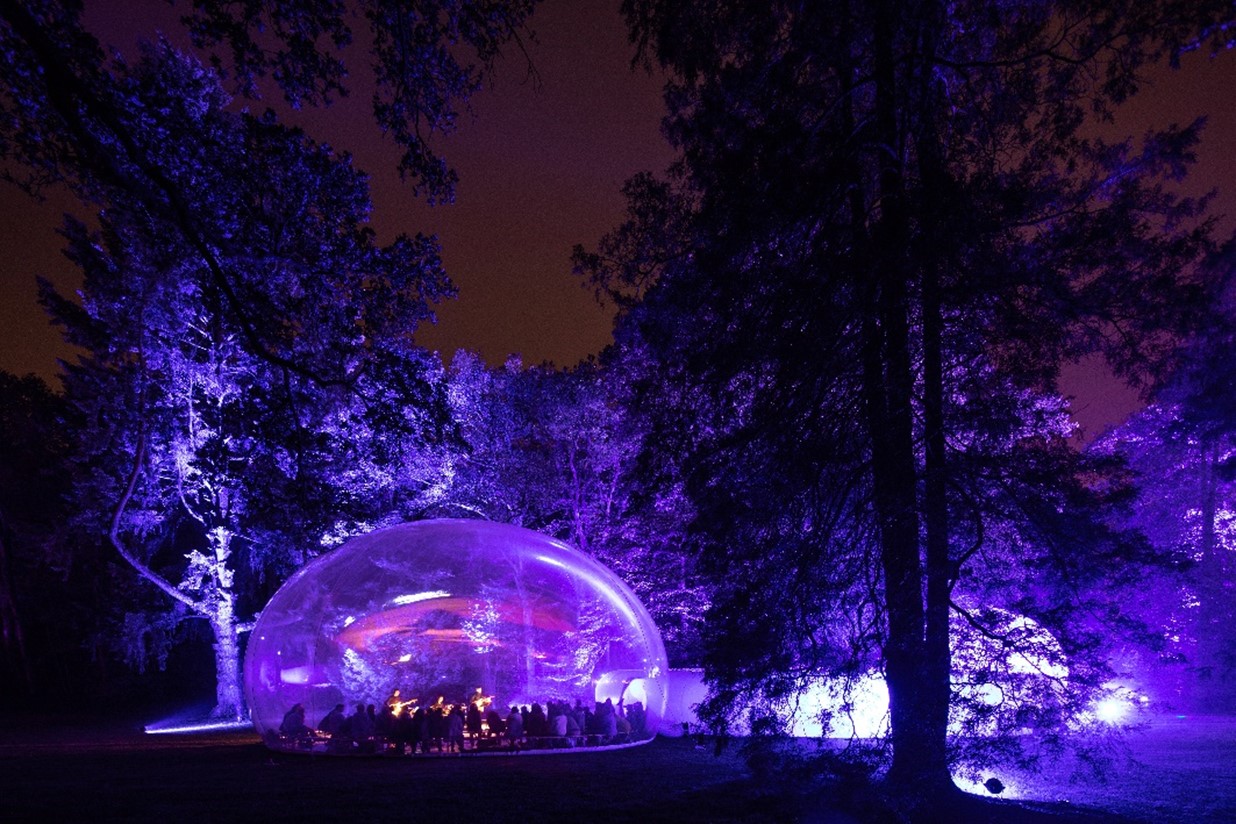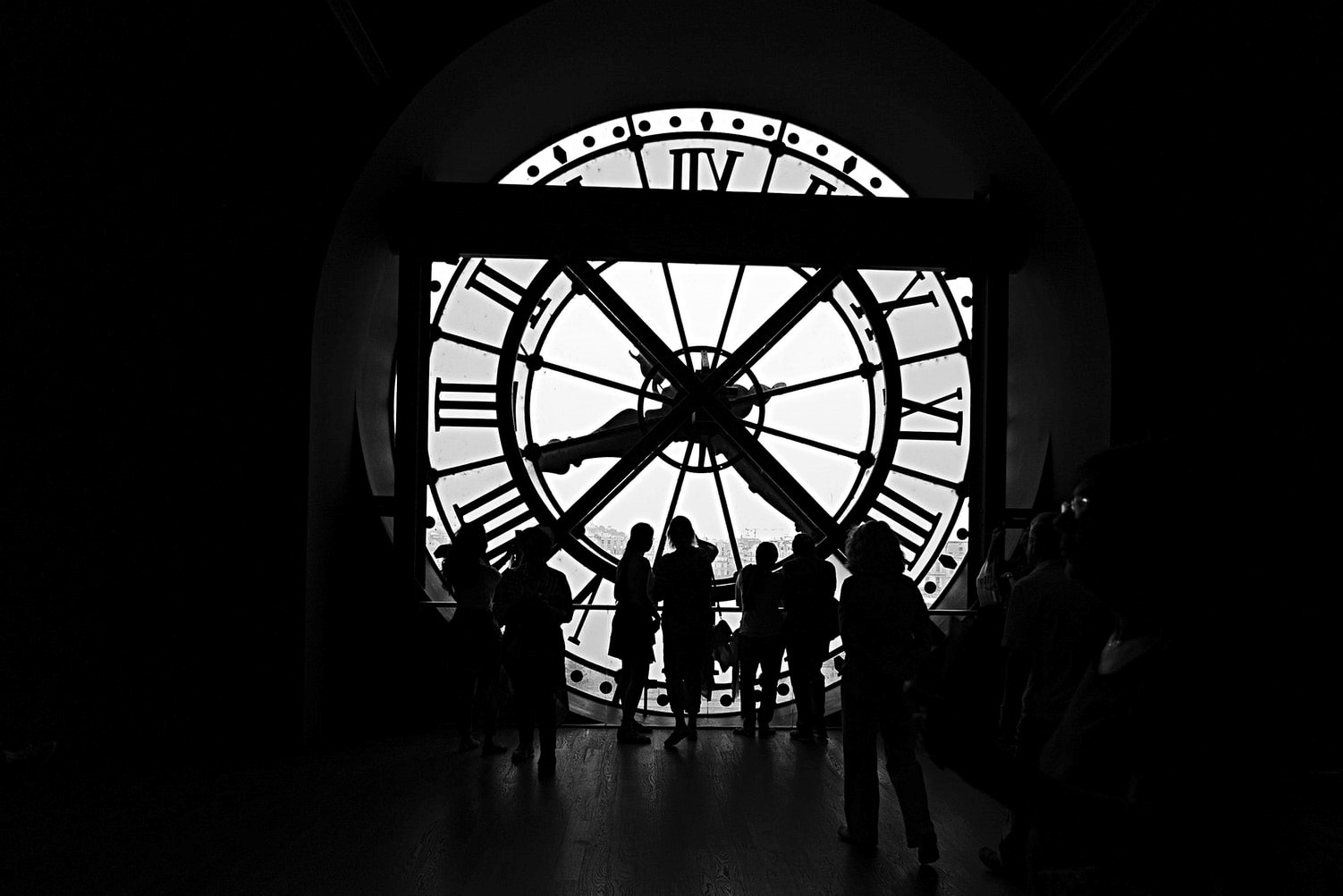Rijeka’s third Local Learning Labs (LLL) were held in May and July, when the 2020 Capital of Culture reopened to an eventful summer. Participants examined the essentialities to adapt to the “new normal”, and the cross-sectoral collaboration opportunities it brings for SMEs and the cultural and creative industry (CCI).
Good practices need better efforts
Several good practices have been introduced by Rijeka2020 in attempts to connect their cultural sector with other sectors and stakeholders in the city, the region and beyond, notably:

- Open call for the proposal of additional cultural programmes in 2020. Various cultural associations, art organisations, companies and individuals proposed a total of 380 cultural features for 2020, out of which 55 programmes have been earmarked for funding and carrying the ECoC programme designation, thus becoming an integral part of the ECoC project;
- Instigation of the foundation of the PartneRI Business Club, with entrepreneurs, sole proprietors, companies and freelancers participating in all economic activities willing to finance cultural events in Rijeka and the region eligible for membership.
However, there are still noticeable gaps in the region’s works to create and maintain a collaborative multisectoral network. Two questions were raised: “How will we enable positive change, establish new solutions and implement activities without significant funds for development and promotion?” and “How to support the CCI and other industries that depend on face-to-face interactions, tourism, or public financing?”.
Possible solutions were examined. Participants of the LLL agreed that addressing today’s most pressing challenges in the post-COVID era, and the consequences that safety measures are having on CCI and the society as a whole, requires the capacity to quickly iterate and adapt. There is no full, alternative or universal solution for every single industry affected by crises. Reopening to a “new normal” requires a new market approach – one where digitalisation is key, integration of new services and products, and new means of delivering such services.
Post-COVID recovery is a team effort
There was a significant staff and other costs reduction in RIJEKA2020 company, and they were tasked with reorganisation of their entire planned programme in few short weeks. Bracing for the second wave of COVID-19 also means that there will not be as many chances to enhance the results nor conditions for cross sectoral synergy as initially planned. In these unfriendly circumstances (low budget, lack of resources, COVID-19 preventive measures), RIJEKA2020 did their best through prioritising events that generate volunteerism and local impacts, and relying on domestic performers and audiences for their reduced ECoC programme.
The unparalleled role of community in the upholding and revival of local business and cultural services after the first wave has also been expressed by other Capitals of Culture in our Open Seminar held in June.
There is a visible demand for a new collaborative platform centred around education, mentoring, and mutual support. The goal is: (1) to impact on number of newly established start-ups/SMEs, primarily in CCI; (2) to support already existing start-ups/SMEs facing the crisis; (3) to create a hub or network which will facilitate collaboration; (4) to be more open and oriented to innovation and CCI with high-added value.
Such framework for open cooperation is crucial for private sector engagement in the ECoC programme – both in its title year and heritage – and subsequently in the Development Strategy of the City of Rijeka after 2020, primarily through strong communication, openness and inclusiveness, and from there, facilitation of creative entrepreneurship in every activity.
Read more: Development strategy of the City of Rijeka 2014 – 2020
 Exploring additional funding sources and cost-effective means is also crucial for long-term survival of such platform, as reliance on public budget as a sole financer is impossible in terms of crisis. To access EU funding, the projects need to be aligned with objectives derived from the Recovery and Resilience Facility.
Exploring additional funding sources and cost-effective means is also crucial for long-term survival of such platform, as reliance on public budget as a sole financer is impossible in terms of crisis. To access EU funding, the projects need to be aligned with objectives derived from the Recovery and Resilience Facility.
The LLLs concluded with a key recommendation for future ECoCs: The creative and business sector must join forces, and use their differences as an asset — the differences in mindset, resources, and experiences. The creative and private sector cannot function one without the other, nor should they.
